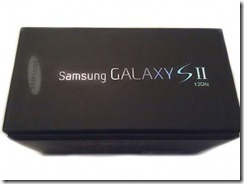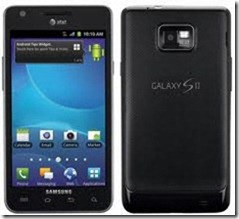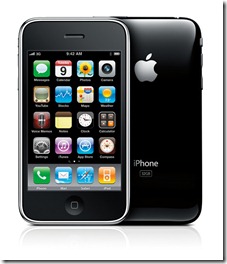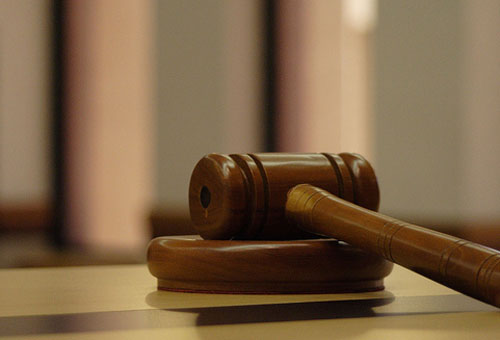I’m not a lawyer, but I am an analyst who unfortunately has participated in some of the largest corporate legal battles, has two immediate family members who are IP lawyers, and has had to decide on industrial design for consumer electronics. None of this qualifies me to give legal advice, but I am able to spot some very interesting things in technology lawsuits. The Apple-Samsung lawsuit was no different, as it was full of opportunity and oddities, and I wanted to share just a few observations.
The first thing I want to be clear on is that it is apparent to me that based upon the evidence and common sense, I believe Samsung infringed on at least few of Apple’s patents. Just looking at the Samsung phones before and after and hearing about the need to be like Apple was enough for anyone would to arrive at that conclusion that some phones were made to look like Apple’s. What I am not saying here is that I agree with everything that the jury came back with either; I don’t. I am not a lawyer and I did not see every shred of evidence that the jurors saw.
With that off my chest, let’s dive into some of these things that I found unique or odd about the trial.
I’ve Seen That “Aligned Grid” Before
Two of the patents under scrutiny dealt with the way iOS icons are set in a grid with a lower bar situated at the bottom for apps. Specifically, these were patents USD604,305 and US 3,470,983. It was funny, the first thing I thought of was my Windows desktop where I have icons aligned in a gird with my most used icons pinned to my taskbar. I remember old versions of Windows where it would “Align to Grid”, too. So really, what is so unique or special about this patent? Is it the fact that I am using it on a PC and the patent is on a phone? I find this one odd.
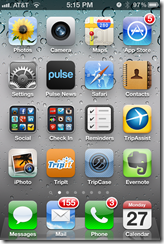

I’ve Seen That “Pinch and Zoom” Before
I remember getting an early preview of Microsoft’s original Surface table, now called PixelSense. It could recognize over 50 simultaneous touch points as it was designed for more than one person and entire hands. One of Surface’s special features was to pinch and zoom in on photographs…. almost exactly like the iPhone. Apple’s two finger pinch and zoom is covered under US 7,844,915. I am certain that Microsoft and Apple are dealing with this in one way or another behind closed doors, and I speculate that based upon Microsoft Research budget and amount of years they had been working on Surface, they have the upper hand. Remember, Apple was not the juggernaut it is today with more cash and market cap than anyone, therefore putting Microsoft in a better position to patent pinch and zoom.

I’ve Seen Those Curves Before
One of the other key patents Apple was fighting in court was related to the rounded corners. Apple had two design patents related to the corners. The two patents, USD504,889 and USD593,087 were both patents related to many physical elements combined, including rounded corners. Those curves are specifically 90 degree curves related to the same curvature in Apple’s legacy icons which date back over 20 years. I ask, does it make sense that someone can patent a curve? It does to the USPO, but in other designs like cars, you see related curves all the time, yes? I mean, really, do curves seem like something that is patentable? On the top is the Compaq T1100 sold in 2003 and on the bottom is Apple’s patent filed in 2004.
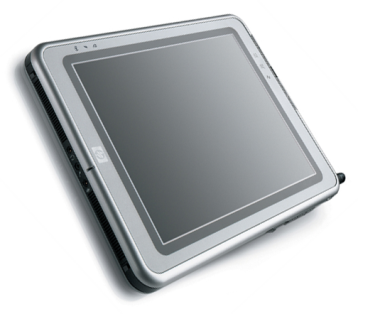
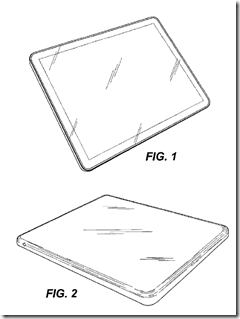
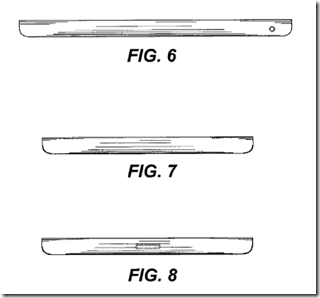
Would You Confuse an Apple and Samsung Phone?
One very prominent scene inside the courtroom was when Apple icon designer Susan Kare testified even she confused the Galaxy for the iPhone. I’ll give Mrs. Kare the benefit of the doubt, as maybe she was just looking at the icons, but I doubt anyone else on earth would confuse the two phones. Every Galaxy S has a “SAMSUNG” and “AT&T” logo on the front of the phone and you certainly wouldn’t make the mistake of buying the wrong phone as the carton is clearly labeled Samsung. So if consumers wouldn’t confuse the two and wouldn’t mistakenly buy the wrong phone, how damaging is the similarity, really? Have you ever heard even a rumor of someone mistakenly buying a Samsung phone and thought it was an iPhone? If you have, please let me know in the comments below.
So What?
So I have brought up some possible inconsistencies or “horse sense” that may go against what the jury said and potentially even against patent law, so what? I think if we cannot look at ourselves in the mirror, be honest with each other on what violates a patent or if there even is a patent to violate, the U.S. patent system itself will lose credibility and is doomed. If reasonable intelligent people can’t even make sense of it, then what does that say about the problems we will face in a few years as companies become even more litigious as they file patent after patent just so they don’t get burned down the road? I hope more good than harm comes out of this patent spat. The big picture is really about continued innovation. We should all pay heed to what Ben said so well yesterday, “The key to the future will be to seek out new opportunities with fresh thinking and innovative ideas. To those that think innovation is dead I pose this question: Have all the problems of the present and the future been solved? Until the answer is yes, there will always be room for innovation.” Let’s not let the patent system stifle that innovation and let’s use some common sense as we approach it.

